Good Sources of Niacin (Vitamin B3) for Your Ducklings
Preventing problems in ducks due to niacin deficiency is as easy as offering your ducklings a healthy well rounded diet that includes niacin rich foods that they need to grow healthy and strong.
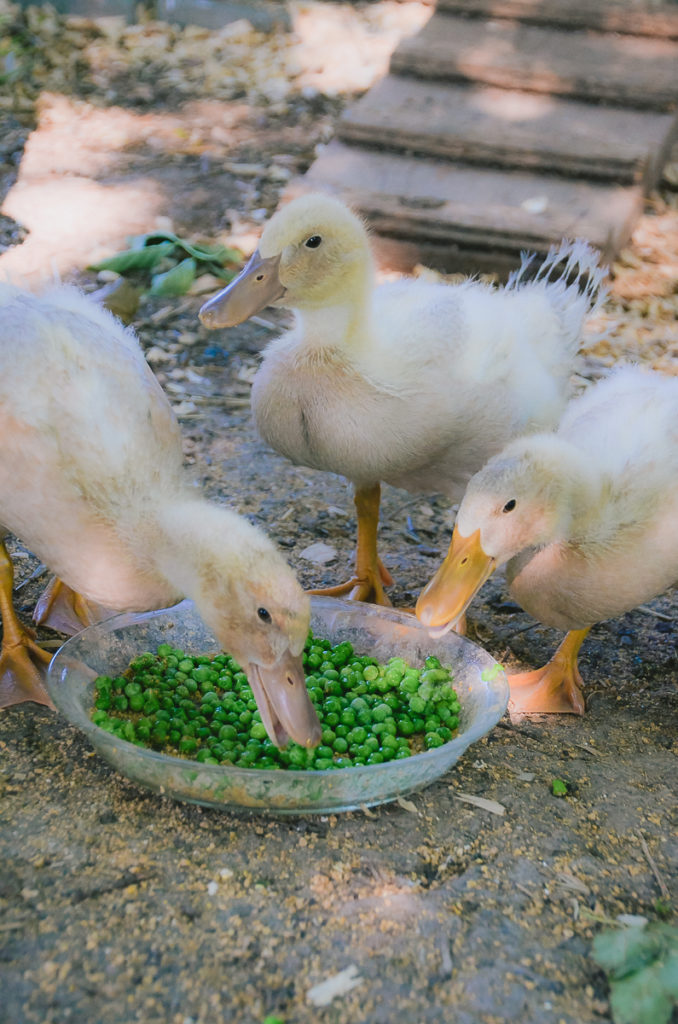
Ducks grow ridiculously fast. In fact, watching a duckling grow is actually kind of amazing, but all that growth requires proper nutrition. A crucial vitamin that supports the growth and health young ducklings is Niacin, and if you have plunged into the world of duck raising, you are going to want to make sure your backyard waterfowl don’t become deficient in Niacin. Luckily, there are plenty of niacin rich foods that ducklings love, and ways to easy supplement their diet if you do run into some problems.
What Is Niacin?
Niacin is also known as vitamin B3. B3 is an essential vitamin that chickens, ducks, other waterfowl, and humans all need in varying amounts. Niacin helps the body convert various nutrients like fats, carbohydrates, and proteins into usable energy. Niacin is a water soluble vitamin, which simply means that the body doesn’t store the vitamin long-term. So if it isn’t consumed regularly in correct amounts, the body depletes its stores of B3 quickly.
Why Ducks Need Niacin?
Niacin is a critical vitamin required for the correct development of ducklings. In fact, waterfowl have a higher requirement for niacin than chickens. A diet deficient in niacin can lead to leg problems, and deformities, so you want to make sure your feed contains niacin or you are adding a niacin supplement to their diet.
I’ve read that there are feeds specifically created for waterfowl, but I couldn’t find a waterfowl specialized feed locally, so I went with a non-medicated flock raiser from Purina, which labeled for ducks and chickens, and is fortified with the niacin ducklings need. If you choose to go with a chick feed for your ducklings, make sure to supplement them with additional niacin.
How much Niacin Do Duckling Need?
Ducks need about twice as much niacin as chickens, due in part to their inability to obtain niacin from tryptophan (an essential amino acid). The actual recommended daily intake of niacin for a duck is about 10mg of niacin per day.
Signs Of Niacin Deficiency in Ducks
The most typical signs of Niacin Deficiency in ducklings include bowed legs and/or enlarged hock joints. If left untreated these birds will ultimately become so crippled and weak that they cannot walk.
Niacin deficiency problems normally only occur when your birds are growing at their most rapids rates – from two to seven weeks of age. Therefore, supplementation is rarely needed past ten weeks of age.
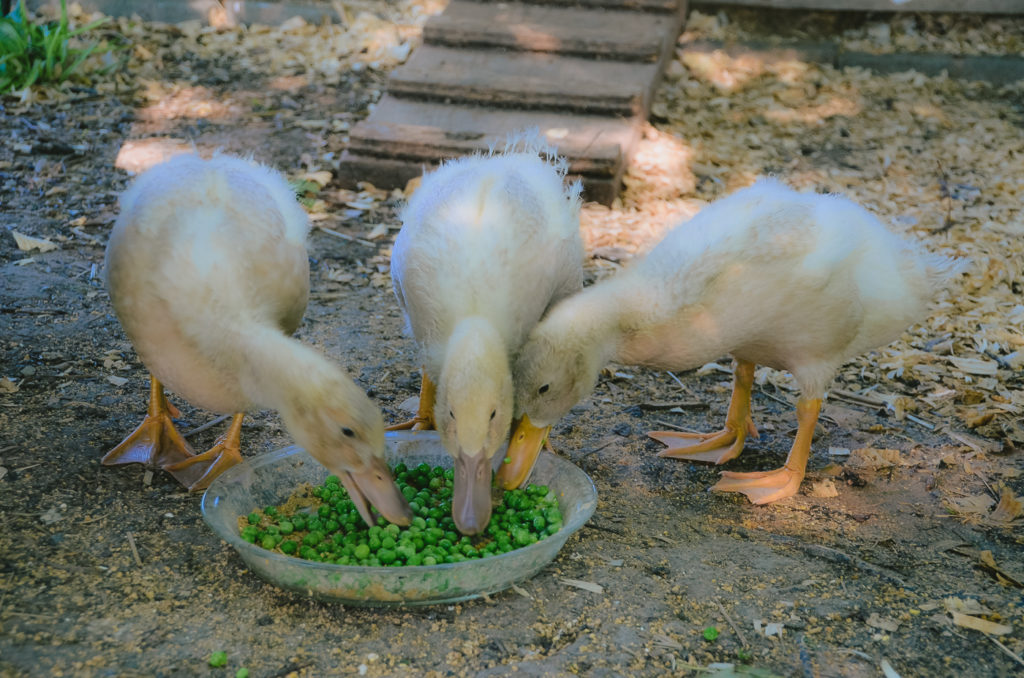
Niacin Rich Foods For Ducklings
The best way to prevent a Niacin deficiency in growing ducklings is to feed them a feed fortified with niacin, such as non-medicated flock raiser from Purina and offer them a variety of fresh foods that are great sources of B3.
Niacin can be found in both plant and animal based foods, and because ducks are omnivores I like to make sure my ducks get a good mix of different fresh foods every day.
The foods listed below are my ducks favorite treats and also a good sources of Niacin:
- Peas (a duck favorite!)
- sweet potatoes (raw or cooked)
- tuna fish (packed in water)
- salmon (ducks also love salmon skin)
- sardines (packed in water)
- Feeder Fish (another duck favorite! They love hunting for feeder fish in their kiddie pool)
- Pumpkin
- Nutritional Yeast (sprinkled on feed) I use NOW Nutritional Yeast Powder
Nutritional Yeast
A easy way to add niacin to a ducklings diet is by sprinkling in 1 tablespoon of Nutritional Yeast per cup of feed. Brewers yeast can also be used, but Nutritional yeast is often less expensive and contains more niacin. I order NOW Nutritional Yeast Powder directly from Amazon, but you can also find it in the grocery store.
Niacin Supplements:
If you feed your ducklings a feed fortified with niacin, such as non-medicated flock raiser from Purina and offer fresh foods that will provide additional niacin it is unlikely you will deal with a deficiency. If you do however notice symptoms adding a supplement to the duckling drinking water maybe needed.
Metzer Farms suggests adding human niacin supplements to the ducklings’ water at a rate of 500 mg per 8 gallons of water if little water is being spilled, or 500 mg to 4 gallons of water if about half the duck’s water is being spilled. To do this, simply pull open the powder capsules from niacin supplements and stir the contents into the water. Because niacin is a water soluble vitamin, overdose is not a big concern.
Preventing problems in ducks due to niacin deficiency is as easy as offering your ducklings a healthy well rounded diet that includes niacin rich foods that they need to grow healthy and strong.



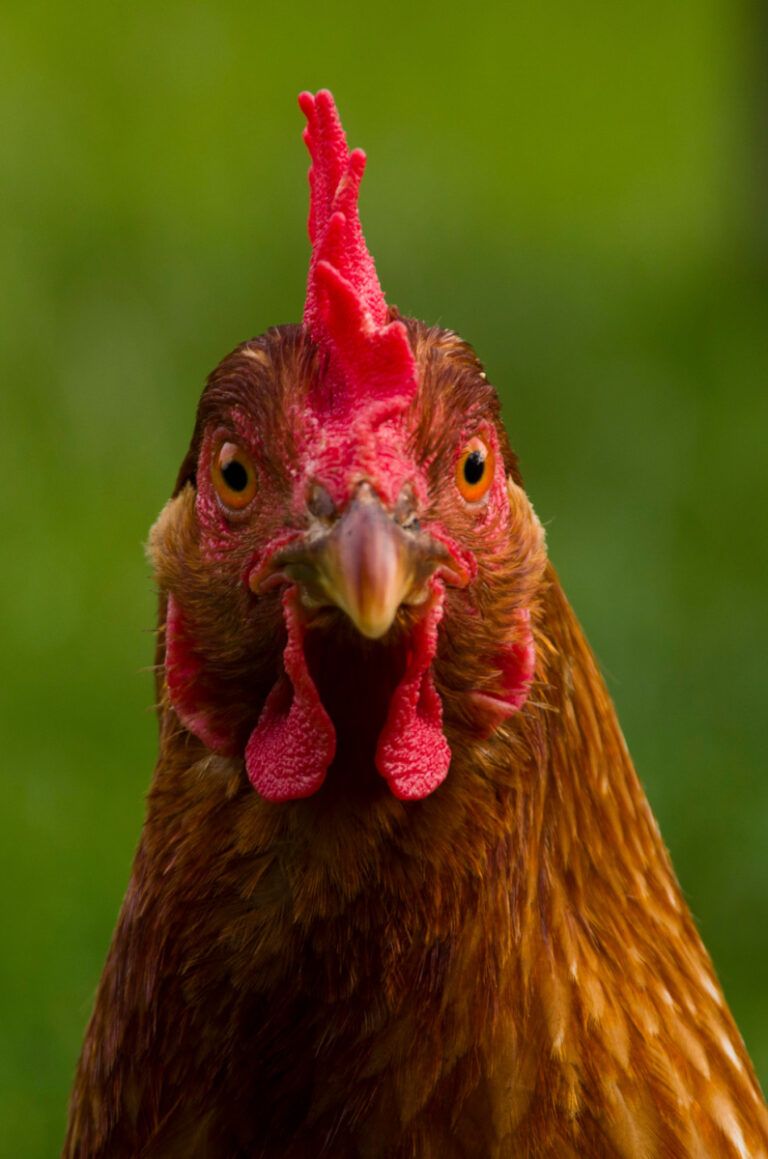
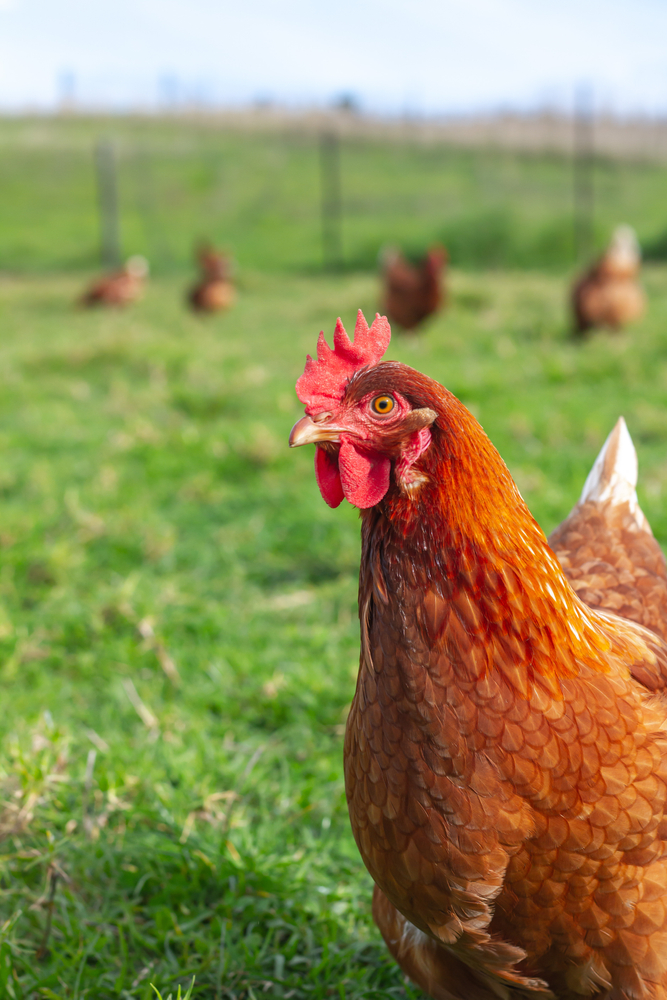

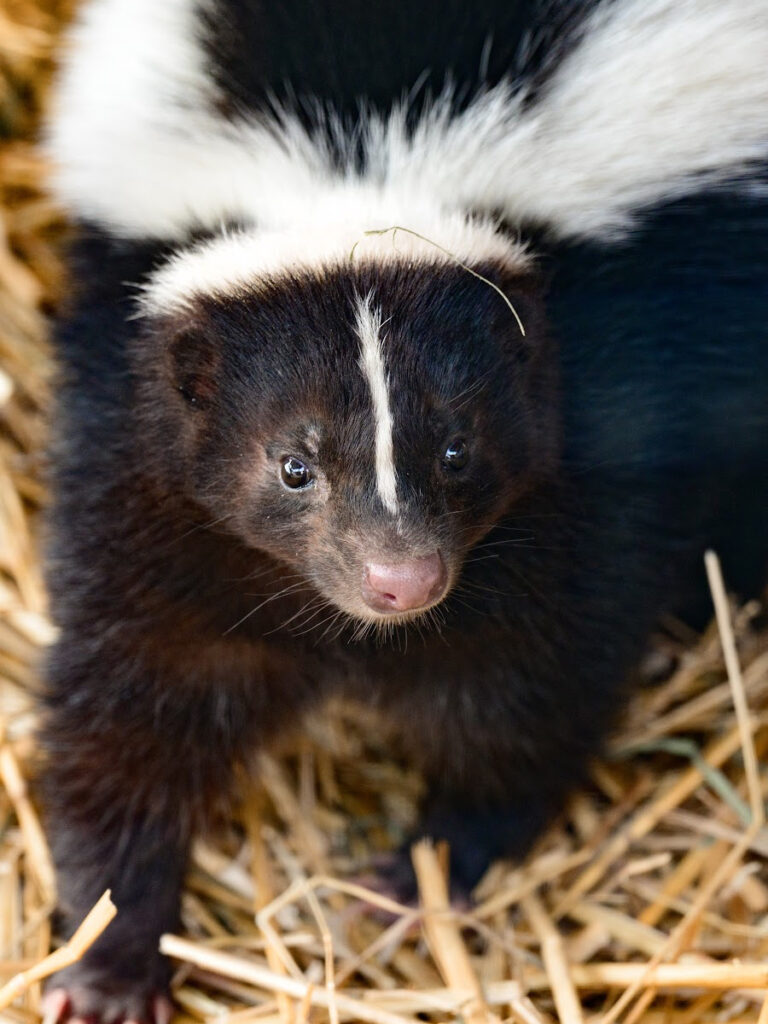
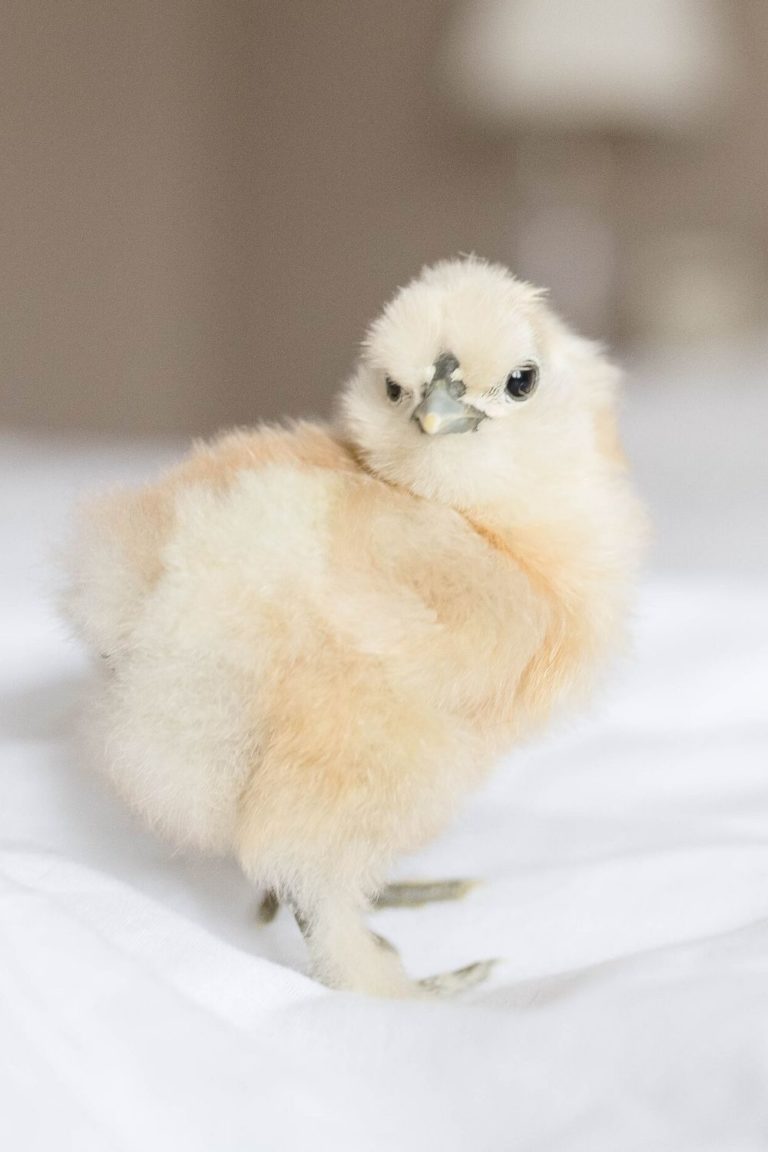
WOW I LOVED YOUR LINK. WE HAVE RUNNER DUCKS SO I JUST WANTED TO SAY THANKS FOR SHARING WHAT YOU KNOW IN SUCH A EASY WAY.
Excellent advice regarding niacin and ducks thank you
I think it’s important to note that your feed may have enough niacin, but if your duck isn’t eating enough, it will suffer regardless.
I used flock raiser for the first 5 weeks but one of my ducks developed left deformities.
I believe it simply wasn’t eating enough, so I separated it to feed it directly.
I have been giving my ducks Now Nutritional Yeast, and peas in their feed, along with using a dropper of nutritional yeast for the two that have bow-legged and they are still bow-legged. Any additional suggestions would be great. I am using the house brand from Farm Supply since it started after I read that Purina duck feed lacked certain nutrients and 3 of six were bow-legged. Now its mainly two and it seems to be getting worse. Please help as they are such great ducklings and I want to get them better quickly.
@Paula, maybe they’re not eating enough. One of mine is bow legged, and I used flock raiser. I think it was either too shy to eat or getting bullied out of the food.
I separated it and going to be treating it with extra niacin.
1. my duck was laying and as soon as it started sitting on eggs( like 1 week) its legs became week and it was unable to move. it suddenly abandoned the eggs and grew weaker and “sad”. the droppings were running whitish, and finally it succumbed. what could be the problem(s)?
2. my drake has a habit of being close to my duck when its about to hatch. it keeps on visiting her in a very happy mood, and finally all the ducklings were killed (heads crushed) and all shells eaten. please explain to me this phenomenon.
Hi Francis,
I am so sorry to hear your duck passed.
The symptoms you describe suggest that the duck may have been suffering from an infection of some sort or a blockage. The whitish droppings could be white uric acid diarrhea, which may indicate a problem with the duck’s digestive system. I also wonder if she was possibly egg-bound?? Egg binding in domestic birds and waterfowl is a common but possibly life-threatening condition in which a bird has difficulty laying an egg.
The drake killing your ducks clutch is sadly not uncommon in domestic ducks and is actually one of the reasons I don’t keep drakes (but I don’t have any need for fertile duck eggs, you might!). It’s possible that the drake was seeking to establish dominance over the duck and her eggs and may have seen the ducklings as a threat to his position. To prevent this from happening again, definitely separate the duck and her eggs from the drake. A good-sized dog house that can be secured from predators and has good ventilation is a good way to provide a duck with a safe nesting area away from the rest of the flock and demanding drakes.
I am so sorry you’ve had these losses. Unfortunately, there are some difficult aspects and lessons to learn when keeping ducks and chickens. Please let me know if you have any other questions.
Both my pekin ducklings are about 4 weeks and we just noticed their legs are bowlegged. It isn’t bad, but they shake a little. They seem to be able to walk and swim. We immediately upped their niacin intake with extra organic peas, brewers yeast, a multivitamin I use for my layers that has niacin and extra lettuce on top of their regular food. Is this reversible? I’m so worried about my little girls. They are so sweet and love swimming and each other very much. They seem to love to swim a forage in the grass next to the baby pool but they don’t walk far maybe 5-10 steps after swimming. It’s actually hard to get them out of the pool. We don’t have any vets that handle ducks around here, they are over an hour away. And I don’t want to stress them out. I’m wanting to put them in the pen soon with my 2 barred rocks . They are very laid back chickens and got a long with our other duck b4 a coyote got her and 2 of my layers this last fall.
Please help. They are getting so big so fast! I just want to help them!!
Hi,
I have baby ducks for the first time and I bought them nutritional yeast but I am concerned with all the other minerals in it such as 3% salt subsitute.Everything else looks ok. Thank you all for some answers. John
I have a question. I have 3 ducks. 1 male and 2 female. Pekin and mallard. My female pekin isn’t acting herself. There are no vets in the area that will see ducks either. She has been sneezing here and there over the past month. Maybe once a day that I’ve seen. They are not niacin deficient. They get romaine or kale everyday and fruits and other vegetables daily along with purina crumble and other duck treats. There are very spoiled and a huge part of the family. Last night my female seemed to be a little lethargic and not really eating. Today she is not eating well again and looks like she doesn’t feel good. Her eyes look tires as well help! I don’t know what to do. I spent 16 years in the Veterinary field and I’m a nurse so I understand sickness and meds. I just don’t know what to do for her
@Heather,
I would bring your female Pekin duck in and keep her warm as loss of body heat is hard on them when they are ill. That’s the best advice that I can offer you at this moment but it sounds like your ducks have a good life and get healthy nutritious food.
Thanks for your messages.
Can I know that how to make homemade nician for my duckling and how to take care of my duckling leg problem?
Thanks ❤
Thank you so much for the informative article. I had no idea I could give my Pekin canned tuna and he loves it! Was worried about his legs as they were bowing in a little at 1 month. He is currently on Purina duck feed. Thanks again 🙂
@Crystal S Dial, Was your duck eating Purina duck food the whole time or did you just start when you noticed his legs? I am incubating some duck eggs right now and was wondering if I needed to supplement the Purine duck feed with niacin
We were feeding our ducklings the Purina that is labeled for ducks and chick’s and they started exhibiting issues with their legs. We switched to the Purina that is labeled specifically for ducks with the higher niacin content. They began improving in 2-3 days.
Hi! How much of the sweet potatoes, tuna, etc should he eat per day to have enough? I’m worried it won’t be enough (here we too only have chick feed)